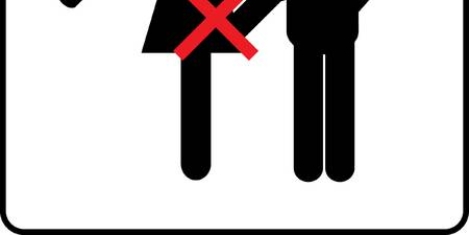December 19, 2018
UK Government agrees to code of practice to combat sexual harassment at work
 The Government has agreed to work with the Equality and Human Rights Commission (EHRC) to introduce a statutory code of practice to tackle sexual harassment at work. It also agreed that non-disclosure agreements require better regulation and a clearer explanation of the rights that a worker cannot abrogate by signing one and will consult on how best to achieve this and enforce any new provisions. It also agrees that regulators should make it clear that workplace sexual harassment is unacceptable, and that sexual harassment should be taken into account when considering the fitness and propriety of the individuals and employers they regulate.
The Government has agreed to work with the Equality and Human Rights Commission (EHRC) to introduce a statutory code of practice to tackle sexual harassment at work. It also agreed that non-disclosure agreements require better regulation and a clearer explanation of the rights that a worker cannot abrogate by signing one and will consult on how best to achieve this and enforce any new provisions. It also agrees that regulators should make it clear that workplace sexual harassment is unacceptable, and that sexual harassment should be taken into account when considering the fitness and propriety of the individuals and employers they regulate.







 Sexual harassment in the workplace is widespread and commonplace, with unwanted sexual behaviours such as sexual comments, touching, groping and assault seen as an everyday occurrence and part of the culture in workplaces, and the Government, regulators and employers are failing in their responsibilities to tackle the problem says an influential group of MPs. Employers and regulators have ignored their responsibilities for too long, found the Women and Equalities Committee following a wide-ranging six-month inquiry and often legal protections are not available to workers in practice. The Committee found that despite 40 percent of women and 18 percent of men having experienced unwanted sexual behaviour in the workplace there has been a failure to tackle unlawful behaviours, despite the Government’s obligations under international law. The report calls on Government to focus on five priorities to put sexual harassment at the top of the agenda for employers.
Sexual harassment in the workplace is widespread and commonplace, with unwanted sexual behaviours such as sexual comments, touching, groping and assault seen as an everyday occurrence and part of the culture in workplaces, and the Government, regulators and employers are failing in their responsibilities to tackle the problem says an influential group of MPs. Employers and regulators have ignored their responsibilities for too long, found the Women and Equalities Committee following a wide-ranging six-month inquiry and often legal protections are not available to workers in practice. The Committee found that despite 40 percent of women and 18 percent of men having experienced unwanted sexual behaviour in the workplace there has been a failure to tackle unlawful behaviours, despite the Government’s obligations under international law. The report calls on Government to focus on five priorities to put sexual harassment at the top of the agenda for employers.




















October 15, 2024
Employers need to be proactive to address problem of sexual harassment at work
by Ray Silverstein • Comment, Workplace